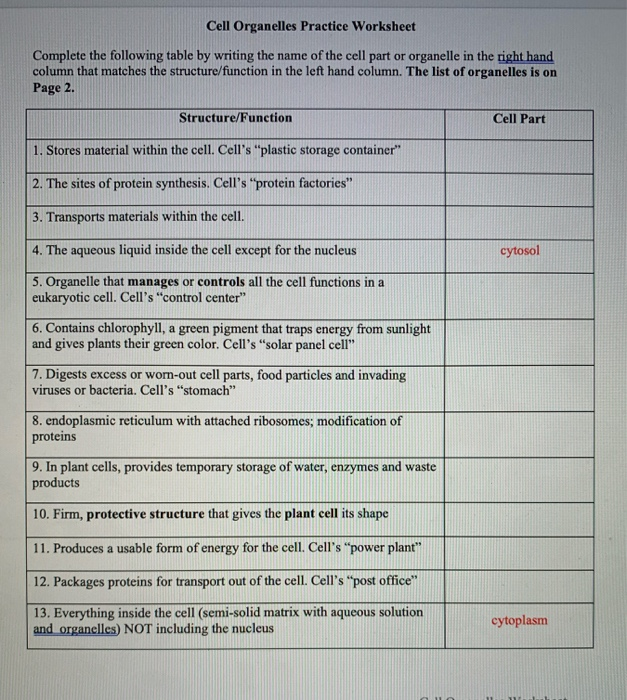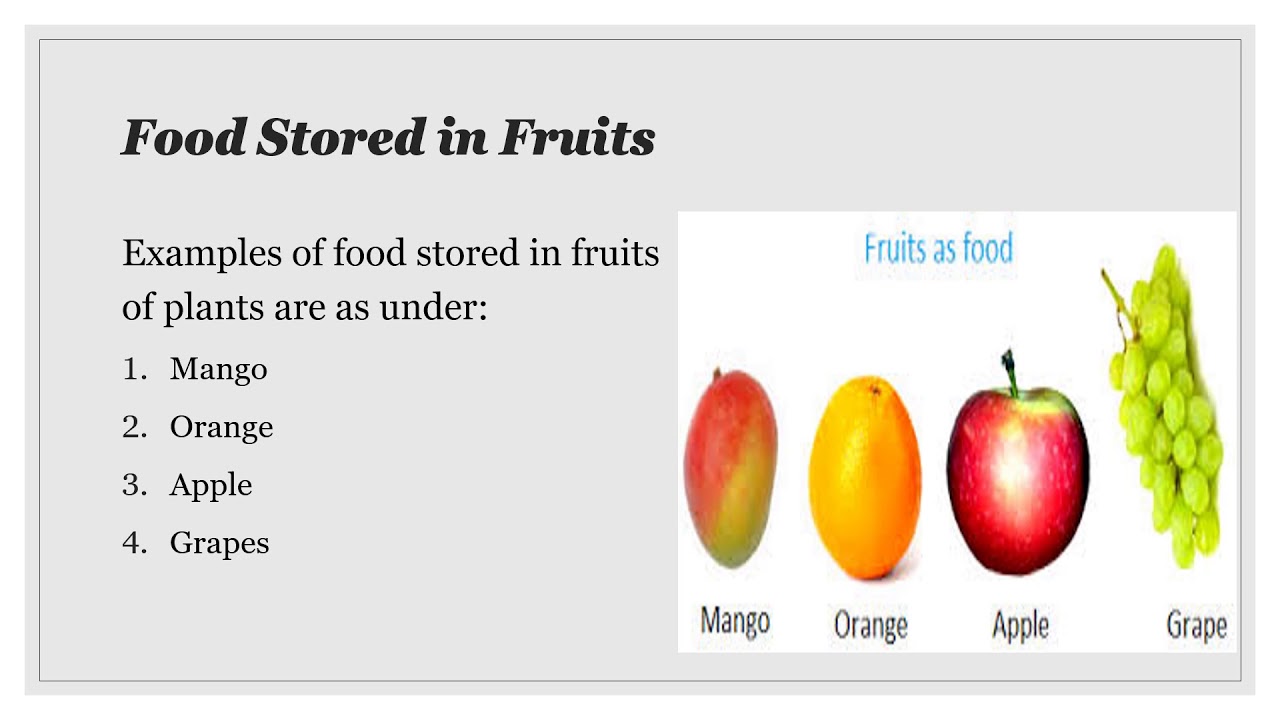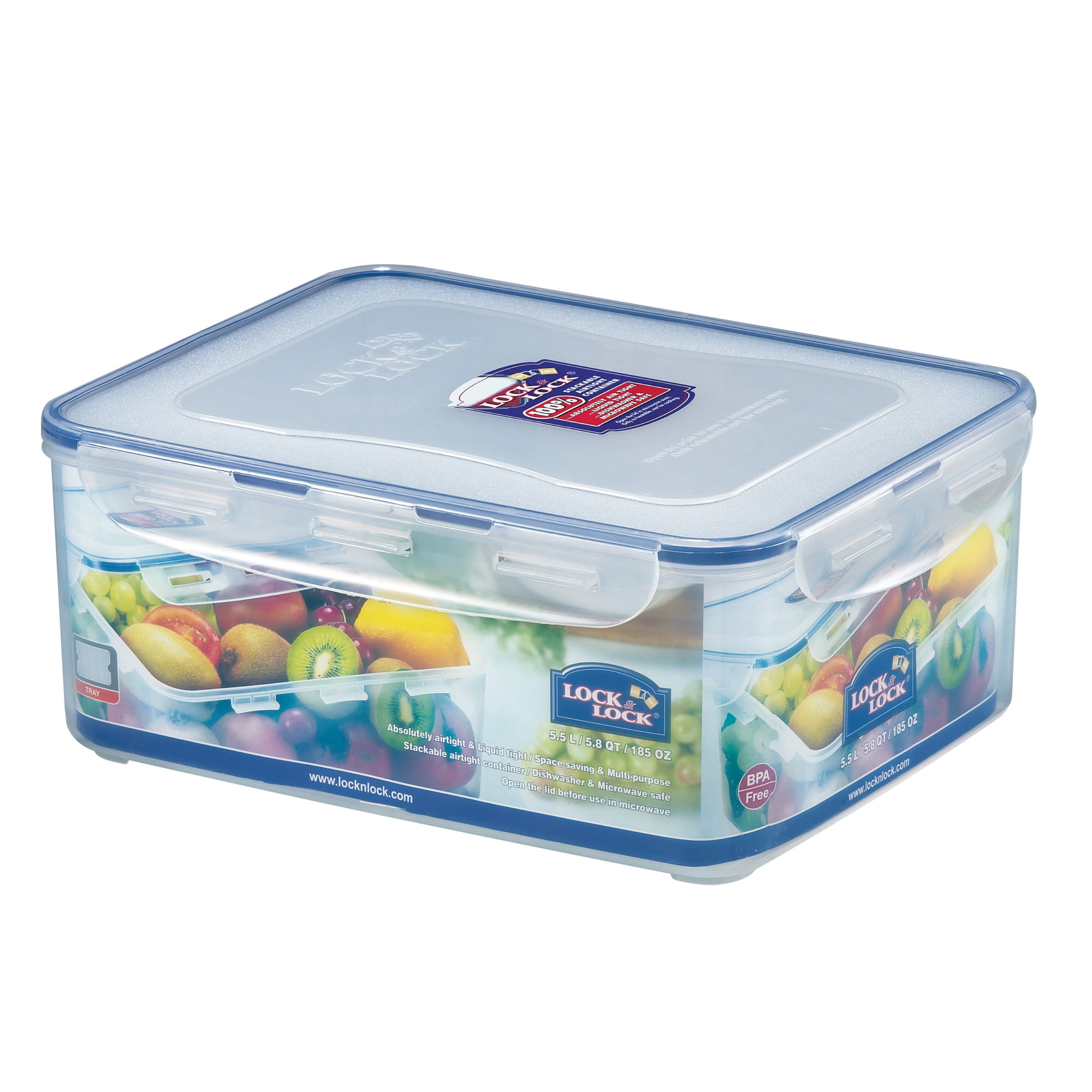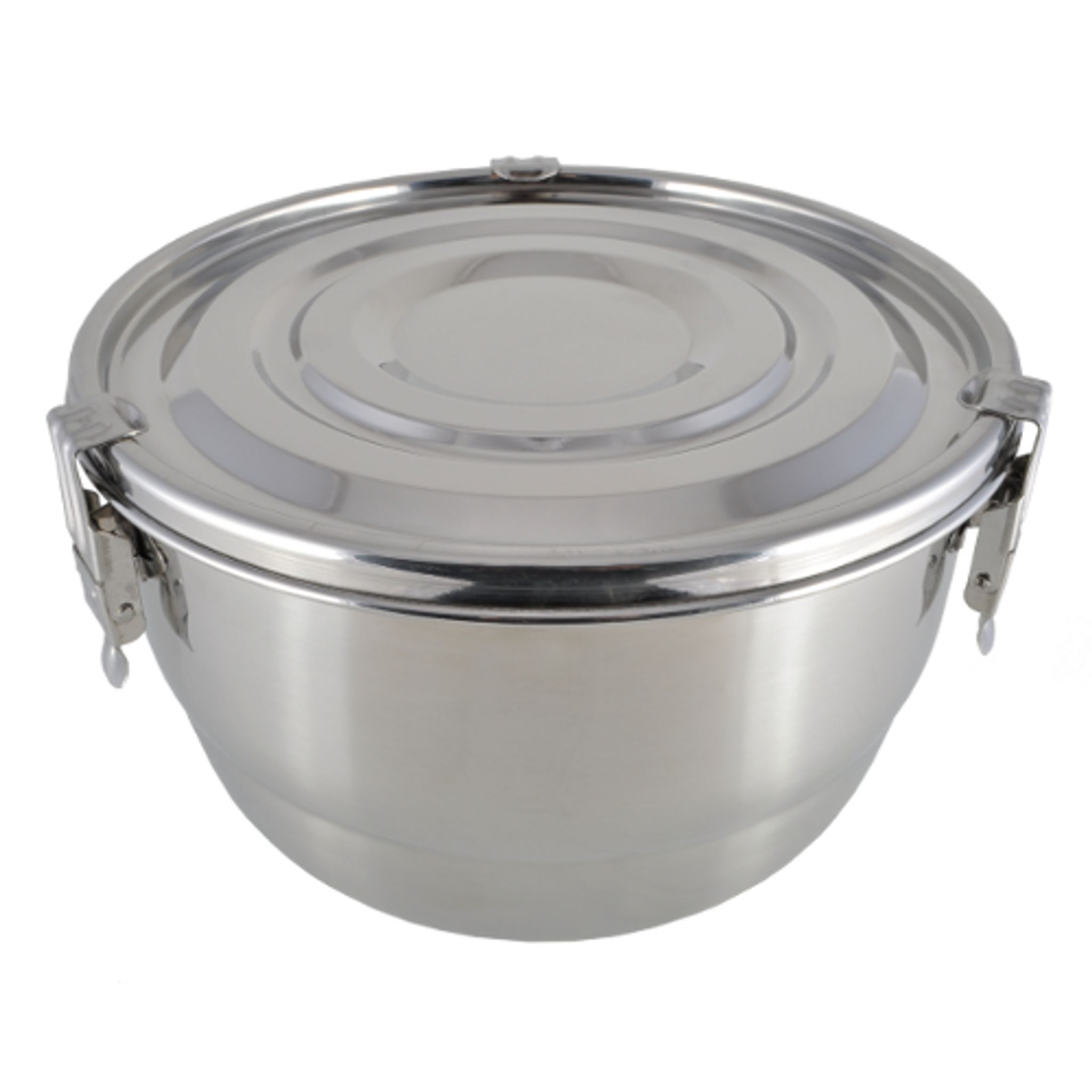Lysosomes: Temporary Storage of Food, Enzymes, and Waste Products

Lysosomes are small, membrane-bound organelles found in the cytoplasm of animal cells. They are responsible for various cellular functions, including the digestion of cellular debris, recycling of cellular components, and the storage of enzymes and waste products. Lysosomes play a crucial role in maintaining the cellular homeostasis and overall cellular health.

Temporary Storage of Food Enzymes:

Lysosomes serve as temporary storage sites for various digestive enzymes. These enzymes, collectively known as lysosomal enzymes, are responsible for breaking down complex macromolecules into smaller molecules that can be absorbed and utilized by the cell.
Proteinases: These enzymes break down proteins into amino acids.
Lipases: These enzymes break down lipids into fatty acids and glycerol.
Nucleases: These enzymes break down nucleic acids (DNA and RNA) into nucleotides.
Glycosidases: These enzymes break down carbohydrates into simple sugars.
Temporary Storage of Waste Products:
Lysosomes also function as temporary storage sites for cellular waste products. These waste products include:
Worn-out cellular components: Lysosomes contain enzymes that break down damaged organelles, such as mitochondria and peroxisomes, and cellular debris. This process, known as autophagy, allows the cell to recycle its own components and maintain cellular homeostasis.
Undigested Food: Any undigested food particles that are not absorbed in the small intestine are taken up by cells in the large intestine. These particles are then enclosed in lysosomes and broken down into smaller molecules that can be absorbed.
Toxic Substances: Lysosomes also help in the detoxification of harmful substances that enter the cell. These substances can include drugs, environmental toxins, and metabolic byproducts. Lysosomal enzymes can break down or neutralize these toxic substances, rendering them harmless to the cell.
Discharging Waste Products:
The waste products stored in lysosomes are eventually discharged from the cell through a process called exocytosis. During exocytosis, the lysosome fuses with the cell membrane, releasing its contents outside the cell. This process allows the cell to eliminate waste products and maintain a healthy cellular environment.
In summary, lysosomes serve as temporary storage sites for food enzymes and waste products. They contain a variety of enzymes that break down complex macromolecules into smaller molecules that can be utilized by the cell, as well as enzymes that degrade cellular debris and waste products. Lysosomes play a crucial role in maintaining cellular homeostasis, recycling cellular components, and detoxifying harmful substances, contributing to the overall health and functioning of the cell.









